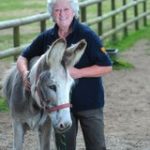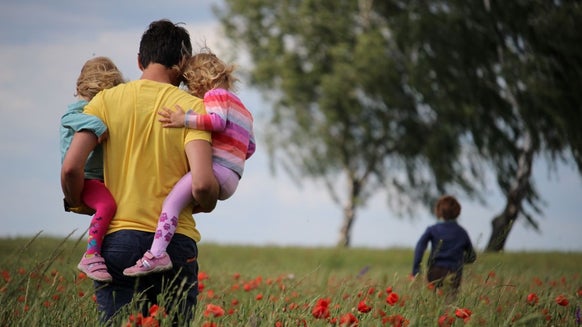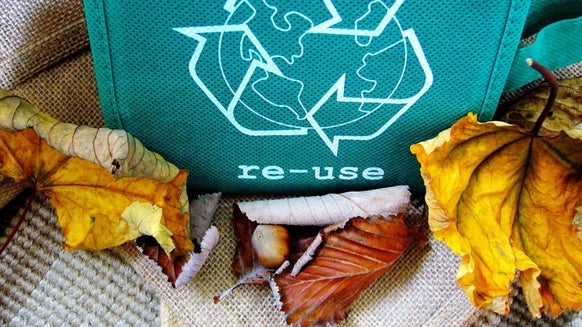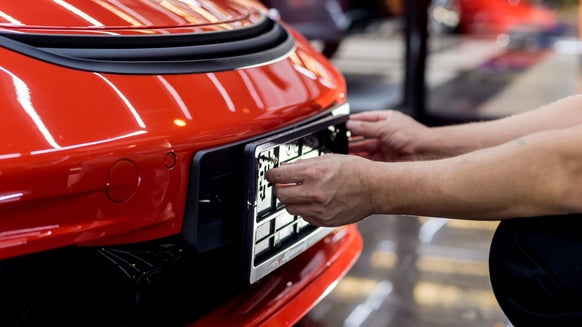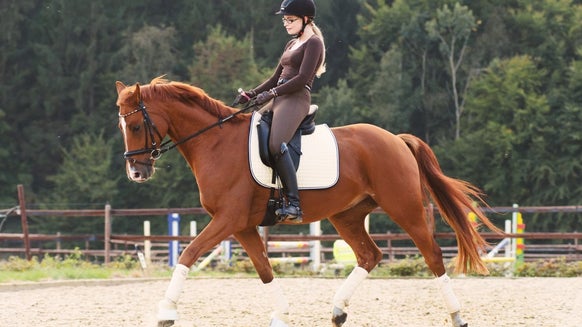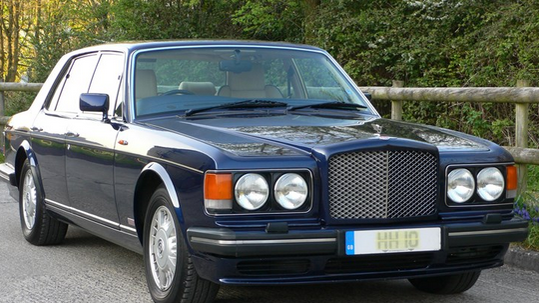Donkey Care in Winter
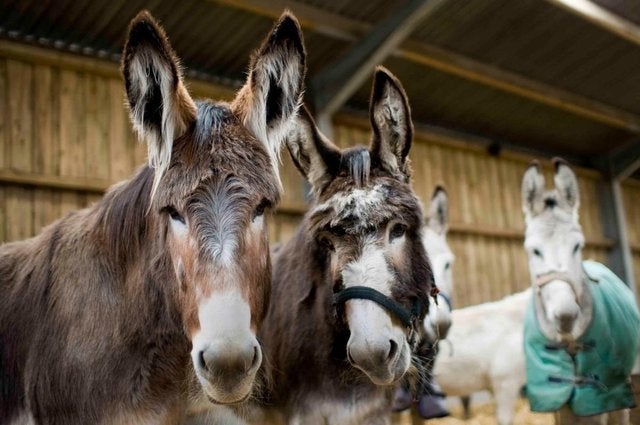
Donkeys are inquisitive, naughty, affectionate and very sociable. A donkey kept alone is an unhappy donkey. They may eat, sleep and behave in what is apparently a ‘normal’ way to their owner, but their emotional condition is one of loneliness and acceptance. Please always consider this if you are planning to be a donkey owner. They want to be with another donkey...then both donkeys will want a lot of attention from you! They must be checked at least twice a day and will enjoy as much fuss and grooming as you can give.
Land Required
For two donkeys at least an acre of land is required, and must be well drained and sheltered. The paddock should have a field shelter that they have access to 24 hours a day, this is crucial as donkeys do not like the rain and their coats are not water proof; it can be fatal if a donkey is left cold and wet. Donkey’s feet are very porous and they need to be able to walk/stand on concrete, therefore an area of hard standing should also be available to ensure their feet are kept in good condition. A stable for the winter, although not crucial if the field shelter can be closed off and excludes draughts and rain, is a great asset if you need to bring your donkey in when the weather is particularly bad or if the farrier and vet visit.
Feet, Teeth & Worming
Feet should be trimmed at least every eight to ten weeks by a farrier who is competent with donkey’s hooves; they are different and must be trimmed differently from horses'. The teeth should be checked at least every six months by a reputable equine dentist, as teeth grow constantly and dental issues can quickly lead to a very sick donkey. You should have a worming programme that involves worming your donkeys regularly and correct paddock management and care contributes considerably to worm control.
The Winter Months
During the winter if your donkeys are housed in a barn, stable, or indoors, they should have free access to barley straw, dependant on their weight and condition. You can add hay or haylage accordingly. Older donkeys need more specialised care, some extra high fibre hard feed and supplements may be needed and they may need to be rugged up as older donkeys cannot regulate their body temperature as effectively as younger ones. Wherever possible they need some access to the outdoors when the weather allows, and hard standing is preferable with some short periods of grazing.
Straw makes up the majority of a healthy donkey’s diet and grazing is an addition to this. If your donkeys are able to graze all year round then the addition of hay may not be necessary to keep them well-fed.
Your donkeys MUST have access to clean fresh water every day. Troughs and drinkers should be cleaned regularly and a salt or mineral lick is essential.
Please remember there will undoubtedly be times you will need a vet, and on top of the call out cost, fees can be very high.
This is a very short summary of donkey care and this simple list of do’s and don’t’s is by no means exhaustive. Please consider owning donkeys very carefully, if you are prepared to accept the cost and are able to commit your time and care, the rewards are immeasurable. They make wonderful companion pets, will love you unconditionally, and bring many hours of joy!
Judy is a manager trustee of the Flicka Foundation Horse and Donkey Sanctuary. Born out of her passion for caring for animals, which was instilled in Judy from a young age, her mother founded the charity in 1995. There are currently 68 donkeys and 31 horses that have been rescued By the Flicka Foundation, all with a story to tell.
